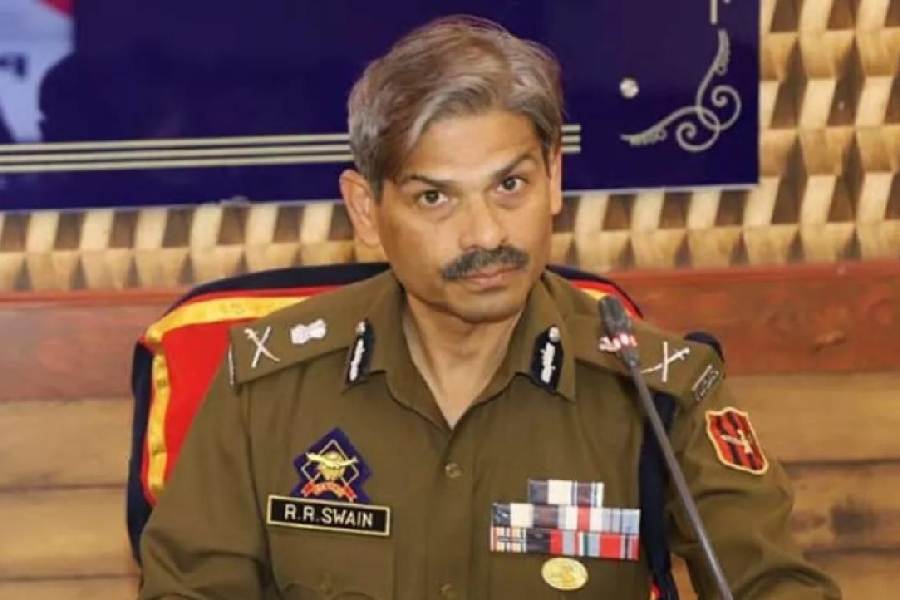Jammu and Kashmir police on Tuesday faced outrage for arresting seven university students under anti-terror law UAPA after they had allegedly cheered for Australia in the Cricket World Cup final, prompting cops to claim it was not an attempt to curb freedom of expression but action for “terrorising” those who “nourish pro-India feelings”.
Seven veterinary students of Sher-e-Kashmir Agriculture University were arrested on November 20, a day after Australia defeated India in the final. The arrests, made after a complaint by a non-local student alleging harassment for supporting the Indian team, were kept under wraps to prevent a flare-up.
The police on Tuesday formally broke their silence on the arrests, putting up a stout defence of their action and literally accusing the students of acting at the behest of militants. The police offered no evidence but only said they took the action after they received written complaints.
The reaction came after top politicians accused the police of using the UAPA for simply supporting a team in a sporting event.
“It (the students’ action) is (also) about normalising an abnormal: that everyone hates India (as different from the government of the day and the party in power) ‘openly’. This abnormal and false thing is practised mostly on the back of separatist and terrorist networks,” Ganderbal police, which arrested the seven, said in a statement.
“In other words, the aim is not airing personal preference of a particular sporting team. It is not about dissent or freedom of expression. It is about terrorising others who may be nourishing pro-India feelings or anti-Pakistan feelings or disagreeing. There were written complaints to evidence this,” the police added.
The police said the students raised pro-Pakistan slogans “to intimidate those who disagreed and also to identify and vilify those who choose to keep a distance”.
On booking the seven students under the anti-terror law, the police said Section 13 of the UAPA — under which the seven faced arrest — was “about inciting, advocating and encouraging separatist ideology”.
“It is not about planning, aiding and executing actual terror acts. It classifies such actions as unlawful. In contrast to other provisions of the act, it is a softer provision...,” the police said.
Also, they said, IPC Sections 505 and 506 had been invoked for “public mischief” and “criminal intimidation”.
Section 13 of the UAPA is punishable with imprisonment up to seven years. In case of IPC Sections 505 and 506, the punishment can last for three and two years, respectively.
Former chief minister Mehbooba Mufti said the arrests had revealed the “ruthless mindset” of the administration towards youngsters.











